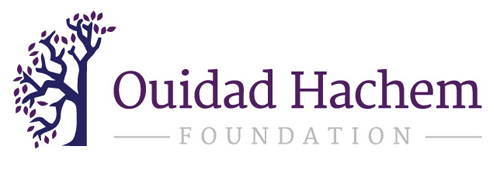News & Events
New traffic law aims to see road deaths halved by 2020
“We believe that we can achieve this goal and cut in half the number of people killed in traffic accidents by 2020,” Internal Security Forces spokesperson Lt. Col. Joseph Moussallem said.
“We are five years late,” he added, explaining that the U.N. had set the new road safety international standards in a series of recommendations published in 2011 which adopted 2020 as a deadline for reaching the 50-percent decline.
Police will begin enforcing a new traffic law Wednesday that imposes hefty fines and other penalties for traffic violations.
The penalties will go into effect over three phases, depending on the level of the violation and its familiarity among Lebanese citizens.
During the first phase, from April 22 until April 30, violations such as speeding, driving under the influence and reckless endangerment will be penalized.
To ensure citizens are aware of what they should and should not do according to the new regulations, the ISF will carry out a media campaign to raise awareness.
Songs about speeding have already been aired by radio stations, and SMS messages announcing the launching date have reached almost every phone in Lebanon, Moussallem said.
He added that short awareness ads would be broadcasted on TV starting Wednesday to explain the different penalties on different violations.
“Tomorrow the Lebanese will wake up and see billboards about the new traffic laws all over Lebanon,” he added, saying 3 million brochures would be distributed to motorists and passengers.
People who have any questions can check the law’s full text on the isf.gov.lb, he said.
Moussallem emphasized that interacting with citizens on social media has given the ISF a special character among other institutions in the region.
By taking a picture of a violating motorist or even security officers and sending it to the ISF’s Twitter account, citizens can be assured that the person will be held accountable for their actions, he said.
Police will even publish a monthly report on the security officers who were rewarded or punished for good or bad work ethics, he added.
But the new traffic law remains controversial to many, and social media has recorded wide discontent over the new high fines.
“Many have been propagating false, exaggerated numbers about the new fines,” Moussallem said, explaining that under the new legislation, violations were classified under five categories.
The fines range from LL50,000 ($33) to LL100,000 for a category 1 penalty, and LL1,000,000 to LL3,000,000 with up to two years in jail for category 5 penalties.
The police spokesperson also admitted that the law would be prone to amendments in the coming years based on the lessons learned from its implementation.
“There are always things being added to road safety principles in the world, and this law should be flexible,” he said. “The main purpose of the traffic law is to protect citizens rather than to collect fines.”
Under a barrage of questions from reporters and activists, Moussallem insisted that the ISF’s responsibilities were limited to the implementation of the law.
“As for fixing roads, road signs … and traffic lights, these are the responsibilities of other administrations,” he said.
Acknowledging that imposing the new punishments was inconvenient as long as Lebanon’s traffic is disorganized, Moussallem underlined the necessity of creating an “advanced and organized public transportation system.”
“Eighty percent of the Lebanese use their private cars for daily use,” he said. “This is unacceptable and is not witnessed in any other country.”

